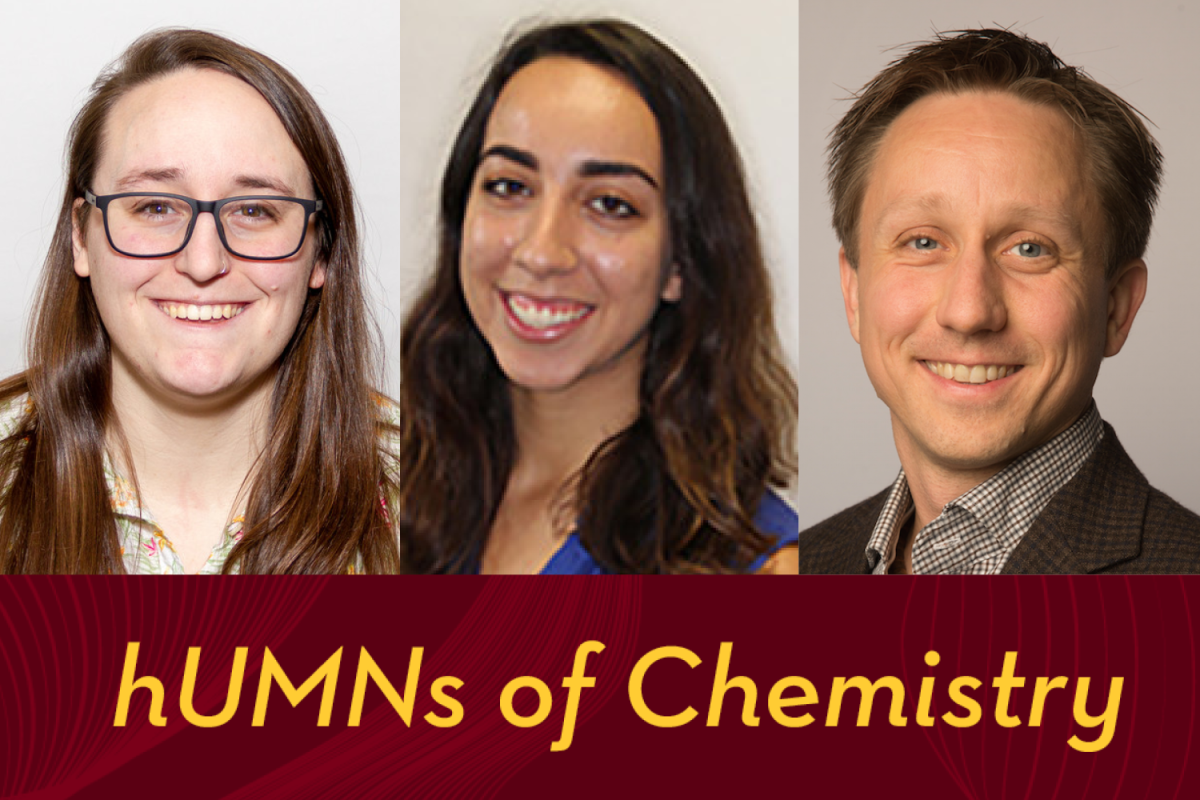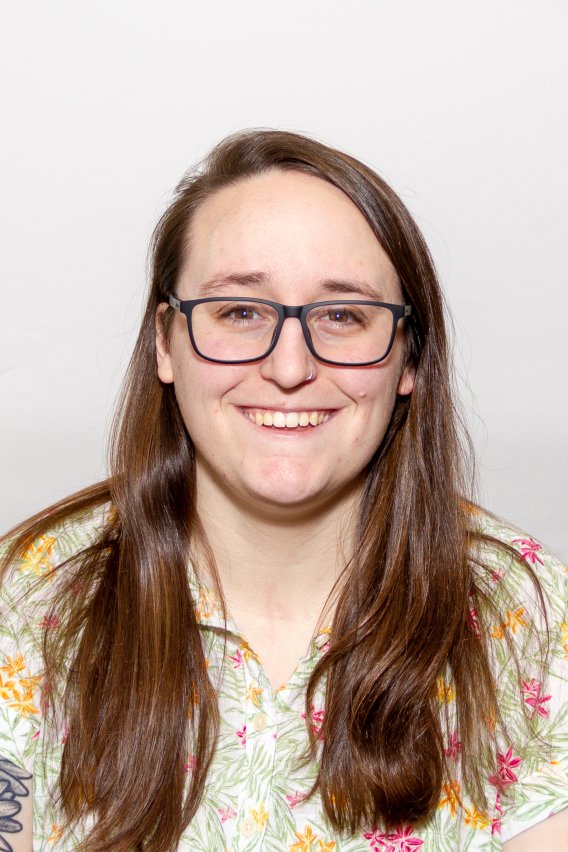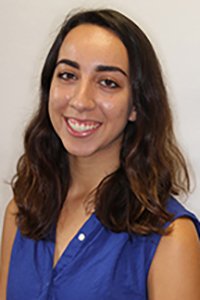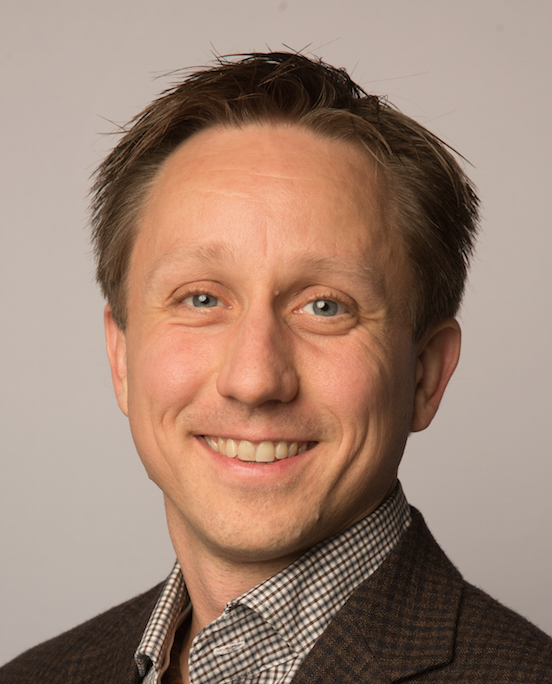hUMNs of Chemistry #9


Samantha Houchlei
Please give a brief description of your role within the UMN Chemistry department.
Tell us about your journey to the University of Minnesota.
Researchers: We would love to hear more about your research! What do you hope to accomplish with this work? What is the real-world impact for the average person?
What do you hope to contribute to the chemistry community at the University?
What’s your favorite piece of chemistry/science pop culture media? Why do you love it?
What do you do outside of the classroom/lab/office for fun?
I love food, trying different food is such a fun experience so I try to eat at different places whenever I can. I also love working on and building computers when I have the time. It's like building a really confusing lego!
Where is your favorite spot in the Twin Cities?
My favorite spot in the TC metro is Trứng Năm bakery on University ave in Saint Paul. The $4 loaded croissant can't be beat.
Tell us about who makes up your household (including pets).
I live with my partner Ngọc and three cats Octavio (the orange dummy), Patches (scaredy-cat), and Arni (the normal one)

Marianne Meyersohn
She/her/hers
PhD Candidate, Hillmyer Group
Tell us about your journey to the University of Minnesota.
I joined the University of Minnesota in the summer of 2018 as an REU student with the Center for Sustainable Polymers. My lovely experience in the Hillmyer group drew me back when applying for graduate schools and I knew UMN was the place for me.
We would love to hear more about your research interests! What do you hope to accomplish with this work? What is the real-world impact for the average person?
I am very passionate about sustainability, green chemistry, and environmental justice. My research in the Hillmyer group at the University of Minnesota focuses on ways to make industrially competitive plastics from renewable resources and how to design these plastics for recycling and degradation. I hope industries and the public will shift soon to prioritize decreased consumption and more sustainable production.
Are you involved in any student groups? What inspired you to get involved?
I am involved in the Twin Cities Science Policy Network and enjoy involving students in local advocacy communicating science to policymakers at the local, state, and federal levels. I've organized various seminars and panels through this group bringing local activists together to share their work on a variety of issues relevant to our Minnesota community. As scientists, we have powerful voices that can make sustained impacts in government and ensure policymakers are making decisions that are supported by science and that protect local communities.
Tell us about an important mentor in your academic life?
My undergraduate advisor, Prof. Phil Costanzo drove my passion for chemistry and ultimately my decision to attend graduate school. He taught me not only how to be an independent researcher but how to learn from and enjoy the mistakes that come from new scientific discoveries. (PJC4LYFE)
What are your plans after graduation?
Science Policy Career with the state or federal government
What do you do outside of the classroom/lab/office for fun?
I love rollerskating. You can find me at either the roller rink or skatepark every Monday!
Where is your favorite spot in the Twin Cities?
Reverie (best vegan spot!)

Mike Puskarich
He/Him
Associate Professor and Vice Chair of Research
Department of Emergency Medicine – School of Medicine, University of Minnesota
If you're an alum, tell us about your time at the University of Minnesota.
I was an undergraduate at UMN from 1999-2003. My cousin had graduated a few years earlier with a civil engineering degree from UMn. Because he was the only person in my family who had a career in the sciences, I suppose I just kind of followed his lead in thinking I might want to be an engineer. I had the good fortune to be part of a program then called IT Honors where I lived in Middlebrook Hall on a floor with other freshmen pursuing science and engineering degrees. Pretty quickly I realized engineering wasn't for me, and I started looking for other majors. After getting a few classes under my belt including an organic chemistry honors wet lab taught by Tom Hoye and TA'd by some of his grad students, I found I really enjoyed the camaraderie of the lab. I had a chance to get involved in the lab through an Undergraduate Research Opportunity (UROP) as well as some other scholarships that paid a few thousands dollars to work over the summer. I have fond memories of getting to know the grad students, playing on summer intramural softball teams, shooting pool at Sally's and Stub and Herbs, grabbing an Erberts and Gerberts sub, and playing frisbee on the mall.
If you're currently working: Tell us about your work at in your current position? What is your main role and responsibilities? What are the biggest lessons you have learned in this position?
I am an Associate Professor and Vice Chair of Research in the Department of Emergency Medicine School of Medicine at the University of Minnesota, and work clinically as an emergency physician at Hennepin Healthcare. I am an independent clinical and translational scientist with an expertise in emergency care and sepsis clinical trials, and also serve as Associate Director of the Translational Center for Resuscitative Trauma Care. I am principal investigator for a variety of clinical trials of novel therapeutic agents, and overall seek to improve emergency clinical care for patients with life-threatening conditions, a skillset that was useful to have when COVID-19 hit. The biggest lessons I've learned are the importance of cross-disciplinary collaboration, and learning to leverage the strengths and knowledge of people from a variety of academic and personal backgrounds.
What tips do you have for students and postdocs looking for/applying for post-UMN jobs?
Having knowledge and expertise is necessary but not sufficient. Developing the communication skills to work as part of a team is increasingly important in a rapidly evolving world where the knowledge based and technical aspects of many jobs can be outsourced or possibly replaced by AI. Make sure to continue to develop, expand, maintain, and then leverage a network of interpersonal contacts to give you the best chance of finding a job that both provides for financially and personally. HDeveloping and maintaining a reputation of being both knowledgable and easy to work with can really go a long way. At the same time, make sure to maintain some reasonable work boundaries in this always on culture - a career is a marathon, not a sprint.
How has UMN helped your career and/or personal development?
I had a real opportunity to grow as a person in a huge school where everything was an option. While I think some people can be overwhelmed by the size of a school like UMN, it forced me out of my comfort zone and taught me that if I wanted to do something, it wouldn't necessarily come to me but was available if I took the initiative. As a good student through high school, I also learned first hand that there are lots of people out there that were smarter than me, but that in the professional world other traits like grit, diligence, and social skills were just if not more important than academic aptitude.
Tell us about an important mentor in your academic life?
I've had a lot of mentors, and there is no way I would be where I am without them, but I'll just mention one here. When I was a medical resident, I had no intention of pursuing an academic career. However, a faculty member by the name of Alan Jones discovered I was intellectually curious, and set me a trail of research breadcrumbs in the form of increasingly difficult projects that sucked me into a career in clinical research. He gave me the opportunity to really scratch an itch that was lacking in my clinical practice, and see how I could marry my desire to provide top notch clinical care with my intellectual curiosity to do big things.
What do you do outside of the classroom/lab/office for fun?
I like to hike in state and national parks with my family, play tennis, and like to get together with friends and family to modern board games.
What’s your favorite piece of chemistry/science pop culture media? Why do you love it?
I'm a sucker for 19th century apothecary type chemistry vibes - think the Robert Downey Jr Sherlock Holmes films. I think there is just something romantic about this age and the mystery of the chemical processes.
Tell us about who makes up your household (including pets).
I have been married for over 15 years, and we have 4 boys ranging from grade to high school, as well as a small dog.
Are there any family or cultural traditions you want to share with our community?
My uncle served in the Coast Guard in Alaska and from what I've been told, would bring home Alaskan King Crab. Over 50 years this eventually evolved into a family tradition of a "Crab Feast" that my own family now continues every New Years Eve.